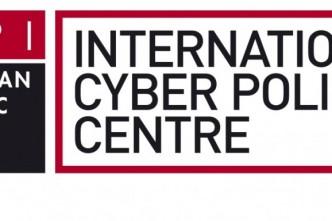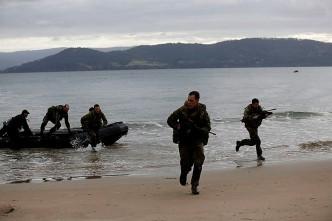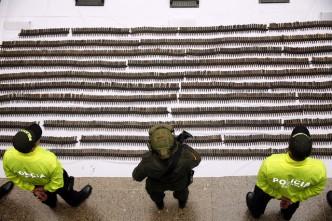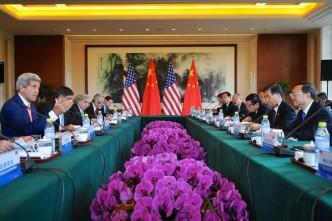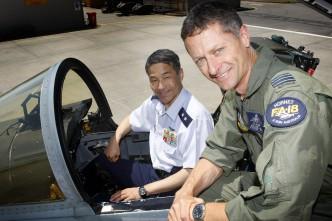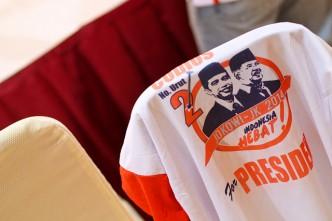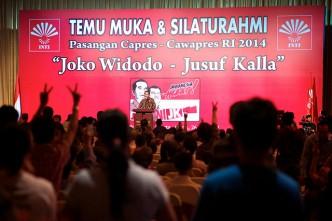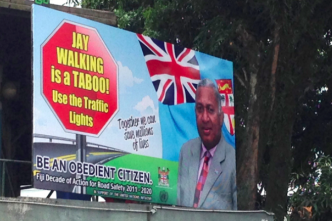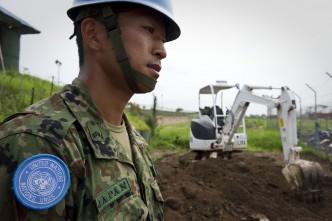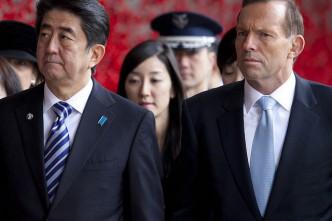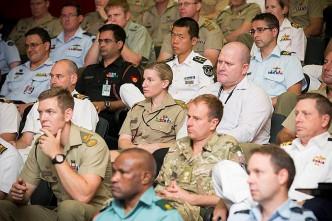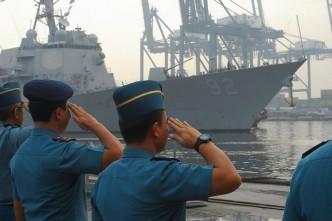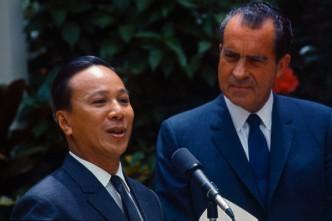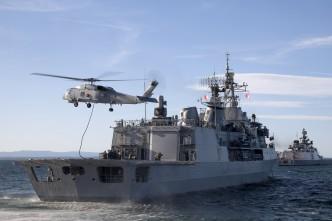Ahead of the UK’s upcoming election, the British Prime Minister is looking towards the cyber-security horizon. Along with a major cabinet reshuffle, David Cameron has announced a £1.1 billion package ‘to equip [the UK] armed forces for …
Last week saw National Reserve Forces day, which recognises former and current reservists and thanks their employers and families. But did anyone notice? Over the last few months, there have been a number of policy …
A journey even more remarkable than the Chinese Ming Dynasty fleets’ discovery of Australia in the 1420s (at least according to Hu Jintao in 2003) is Hugh White’s journey of discovery on the China Choice road. …
In an op-ed published yesterday, I highlighted how, with the right resources and strategies, a country could turn its security problems around. I was referring to Colombia. I made a recent visit there with a …
In discussions about the future of ANZUS last week, I introduced a discussion of Australia–US cooperation in air combat and strike. Because of recent force structuring decisions, I think Australia’s well set up to make …
Recently, commentators have argued that Australia should seek closer defence ties with Japan. In his AFR column, Peter Jennings suggested that to consider China’s reaction to such ties would be to ‘let China think their …
Japan has quickly risen to become a defence partner for Australia that ranks beside New Zealand and Britain. Thus, Japan sits on the second tier, with the traditional Anglo allies, below the peak where the …
This week’s big story was, of course, Indonesia’s presidential election on 9 July. For an excellent wrap of the day’s events as seen via social media, check out this AIYA post. So far from the …
The anticipated election of Joko Widodo (known as Jokowi) is a John Fitzgerald Kennedy moment in Indonesian history—a change of generations and a herald of hope that Indonesia can take a great leap forward in …
Cynics will be tempted to dismiss President Yudhoyono’s appearance at last month’s Pacific Islands Development Forum (PIDF) summit—the first visit by an Indonesian president to Fiji—as a combination of Jakarta’s seeking to neutralise Melanesian agitation …
The decision by Japanese Prime Minister Abe’s cabinet last week to reinterpret Article 9 of the Japanese constitution has been met with mixed reactions in the region. In his address to Australia’s parliament earlier this …
The rapidly-warming strategic relationship between Australia and Japan has drawn considerable attention this week. Some are for it, some are against it. Some see it as a mechanism to reinforce the growth of a responsible …
Bilateral relations between great powers have been shaken by cybersecurity troubles over the last week. US-Germany relations have deteriorated after Germany arrested an employee of its own Federal Intelligence Service, accusing him of spying for …
Army’s Plan Beersheba, currently being implemented, has changed Army’s force structure to provide a wider range of ready, sustainable land force capabilities. While this has set the conditions for the transition from an analogue- to …
Following the interest in recent Strategist posts on top five fighter aircraft and battleships, I offer another top five list (actually top six) of Australia’s best post-war strategic policy decisions. Three selection criteria were applied: …
With Indonesia’s presidential election scheduled for tomorrow, it’s already clear the incoming leader won’t suffer from any shortage of advice about priorities and directions. Within Indonesia, a recently-published pamphlet, ‘Memo to the President: Agenda untuk …
Peter Jennings’ post ‘America: big fires grow from small ones’ has sparked debate (here and here) but appears to have gone unremarked by readers of The Strategist, despite touching on numerous issues. Peter’s not a …
In a recent post, Andrew Davies explained how the government ignored Defence’s advice and chose the MRH90 over the Black Hawk helicopter—presumably because the former offered more for local industry. There’s nothing intrinsically wrong with …
I’ve just got back from Wellington, where ASPI was involved in Australia-New Zealand defence cooperation and policy discussions. As usual, we were hosted admirably by our Kiwi colleagues and the cultural and historical affinities between …
Rod Lyon and Malcolm Davis superbly articulate the inherent risk of declaratory policy—just because you limit yourself with regard to nuclear weapons doesn’t mean that your adversaries will benevolently respond in-kind. I agree that it …
